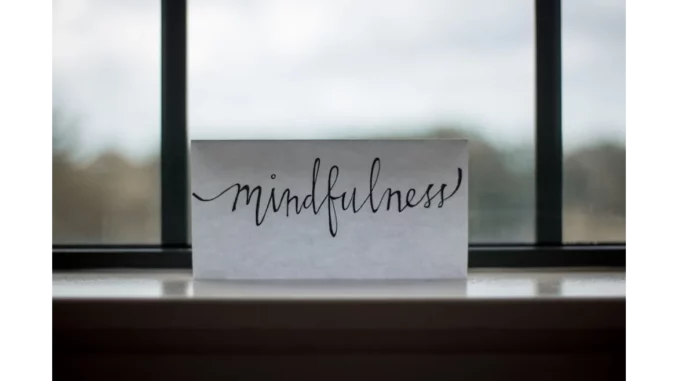
In today’s fast-paced world, the art of doing nothing is often undervalued. Yet, for some, it’s the ultimate remedy for a hectic day. Recently, I had the opportunity to interview Sarah Thompson, a mindfulness coach who has made it her mission to help others find tranquility in the simplest of activities—or rather, the lack thereof. Our conversation revealed that the secret to unwinding might just be in embracing those moments of inactivity.
Discover meditation in your home with custom spaces from Elegancia.homes.
Sarah begins her day early, not with a rush to get things done, but with a commitment to do nothing. “I used to think that being productive from the moment I woke up was the key to a successful day,” she shared. “But I’ve learned that giving my brain a break is sometimes the most productive thing I can do.” Her mornings are spent sitting quietly on her balcony with a cup of tea, watching the world come to life around her. “It’s not about meditating or focusing on something specific,” she explained. “It’s about letting myself be present and enjoying the simplicity of the moment.”
This approach might sound counterintuitive in a culture that idolises busyness, but Sarah insists that it’s a game-changer. “When you allow yourself to do nothing, you’re actually giving your brain the space it needs to process the day’s events and recharge,” she said. “It’s like clearing a chalkboard full of scribbles. You start with a clean slate.”
For those who find it difficult to embrace inactivity, Sarah suggests starting small. “Begin with just five minutes,” she advised. “Find a peaceful spot, maybe outside under a tree or by a window with a view, and just sit.” The key, she emphasises, is to be intentional about this time. “Tell yourself that this is your time to unwind. Don’t check your phone or let your mind wander to your to-do list. Just be.”
During our conversation, Sarah shared an experience that underscored the power of doing nothing. “I had a client who was always on the go, juggling work, family, and social commitments. She was constantly exhausted but felt guilty for taking time for herself,” Sarah recounted. “I encouraged her to spend ten minutes each evening sitting outside, just listening to the sounds of nature. She came back after a week and said she felt more energised and less stressed.”
The simplicity of her advice is its strength. There’s no need for elaborate rituals or expensive retreats; the tools for relaxation are already at our disposal. “Nature is incredibly grounding,” Sarah remarked. “Even if you live in a city, there’s always a patch of sky, a breeze, or the sound of birds. These elements can be incredibly soothing.”
Of course, the challenge is often in limiting distractions. In a world where we’re constantly connected, finding a moment of silence can be daunting. Sarah’s advice is straightforward: “Put your phone on Do Not Disturb, turn off notifications, and resist the urge to fill the silence with music or podcasts.” It’s about creating a mental space as much as a physical one. “The world will still be there when you’re done,” she laughed.
Incorporating moments of doing nothing into your routine doesn’t mean abandoning other forms of relaxation. Sarah herself enjoys yoga and occasionally listens to guided meditations. But she stresses that these activities should complement, not replace, the act of doing nothing. “It’s about balance,” she explained. “Sometimes, the mind needs active engagement, and other times, it craves stillness. Both are important.”
As our conversation drew to a close, I asked Sarah for her final thoughts on why doing nothing is so effective. She paused for a moment, a serene smile on her face. “It’s because we’re giving ourselves permission to just be,” she said softly. “In those moments, we’re not defined by our jobs, our responsibilities, or our worries. We’re simply human beings, experiencing the world in its purest form.”
Reflecting on my time with Sarah, I realised that the concept of doing nothing is more profound than it appears. In a society that often equates worth with productivity, finding value in stillness is a radical act of self-care. So, the next time you find yourself overwhelmed by the chaos of life, consider taking a page from Sarah’s book. Find a spot, sit down, and let the world unfold around you. Sometimes, the easiest way to decompress is simply to stop and do nothing.
Fabrice Fèvre


Be the first to comment